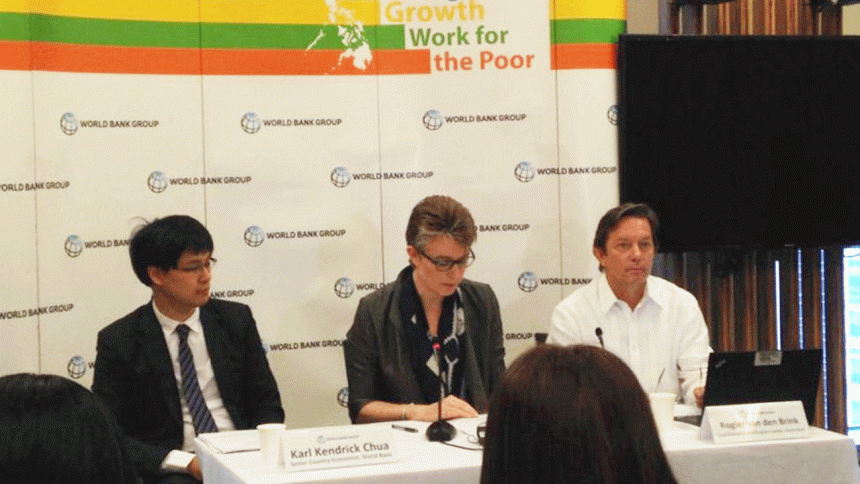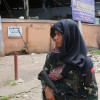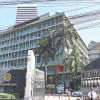BB heist: WB for including casinos in Philippines dirty money law

The Philippines must make sure casinos are covered by anti-money laundering legislation, the World Bank said today, joining calls for the government to better regulate its gambling industry after stolen millions from Bangladesh found their way to Manila.
A Philippine panel is trying to fathom how US$81 million hacked in February from the New York Federal Reserve account of Bangladesh's central bank wound up with two casinos and a junket operator in the Philippines in one of the biggest cyber heists in history.
World Bank: PH must add casinos in dirty money law to 'close loopholes' https://t.co/P1sqHI7Ya2 pic.twitter.com/nNUqDJ0uYY
— ABS-CBN News Channel (@ANCALERTS) April 11, 2016
The government has since recovered part of the stolen money.
"Reforms should be made, for instance, in making sure that casinos are included (in the anti-money laundering law)," World Bank lead economist Rogier van den Brink told reporters in Manila. "...Loopholes must be closed."
NOW: World Bank presents Philippine Economic Update with Karl Kendrick Chua and Roger Van Den Brink pic.twitter.com/vfV1s7p7Dk
— Jorge Bandola (@mrjorgebandola) April 11, 2016
The enactment of the anti-money laundering law in 2001 was a good start, van den Brink said, but the Philippines must "keep reforming it so that you are sure these untoward effects will not materialise".
In February 2013, the Philippines was up against a deadline to amend its Anti-Money Laundering Act and get itself off the "grey list" of a global watchdog, and lawmakers were arguing over whether to include casinos under the legislation. They decided not to.
World Bank senior country economist Karl Kendrick Chua also reiterated the bank's recommendation to ease the Philippines' bank secrecy laws to help combat money laundering and identify tax evaders.

 For all latest news, follow The Daily Star's Google News channel.
For all latest news, follow The Daily Star's Google News channel. 







Comments